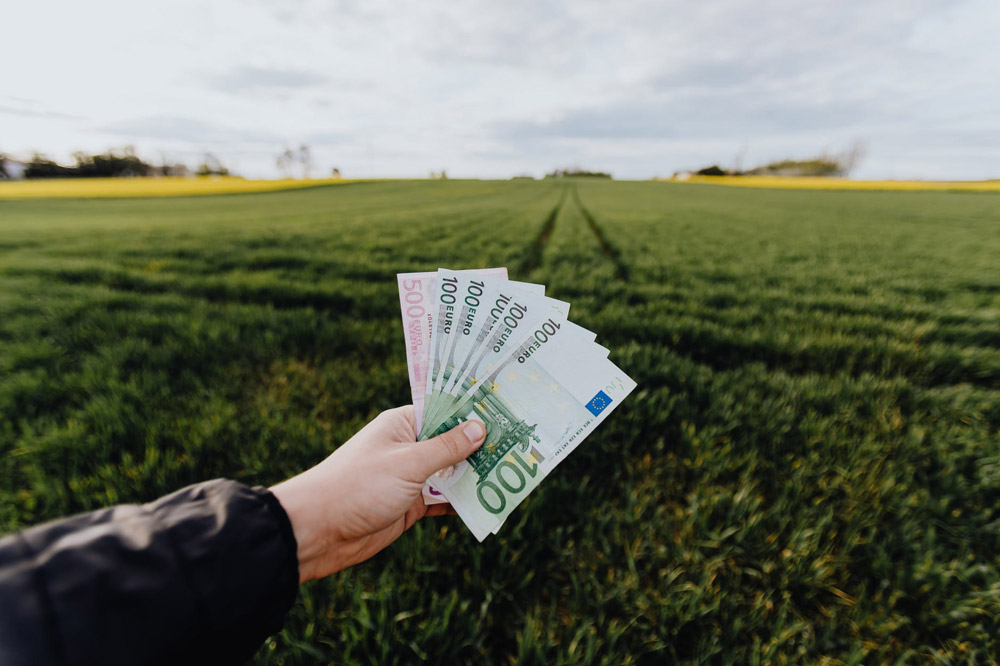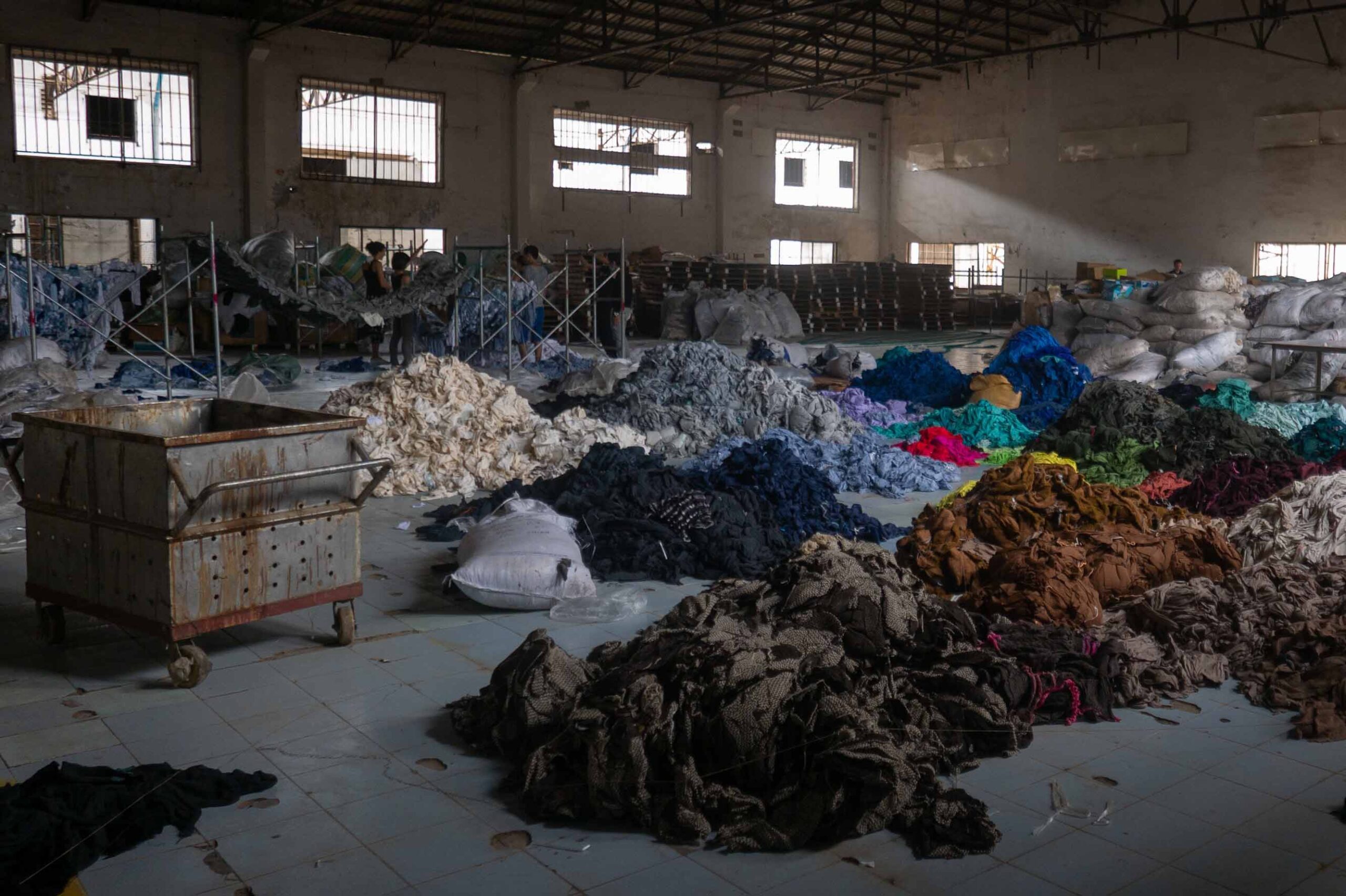- FS Impact Finance joins the GIIN as the connector hub to the global impact investing ecosystem
- The promise of impact investments combines financial returns with a benefit for people and the planet alike
- A GIIN membership will accompany FS Impact Finance in its journey to further develop an impact measurement and management system and engage with the worldwide community of like-minded investors and service providers
- The EU-wide market for sustainable finance products is growing rapidly and this will in turn increase the density of additional regulations to counteract green- and impact-washing
- On top of complying with regulatory requirements, a priority for FS Impact Finance will be to partner with GIIN and engage with other impact investors to remain credible when claiming positive impact on our investments
Impact investing – what is it about?

We recently announced that FS Impact Finance joined the Global Impact Investing Network (GIIN). Why is this news so important for us? Impact investing has a fundamental claim: impact investments achieve a measurable positive impact for people and/or the planet, as well as a financial return. Making a claim to generate positive impact goes far beyond approaches to manage ESG risks or harmful exposures in relation to financial assets. Impact investing targets certain outcomes that benefit wider communities, ecosystems and the entire planet and not only reduce the risk of ESG-issues a company or an asset is facing, e.g., climate change. In other words: simply reducing the exposure to harmful activities is not per-se generating a positive impact. The reshuffling of a portfolio, even a divestment, might reduce risks of assets “stranding” on a balance sheet or fund portfolio one day or if the public considers an engagement (e.g. in fossil fuel) as bad reputation. In a nutshell: ESG is mainly about managing risks, whereas impact goes far beyond. My colleague Torsten Becker has pointed out here [only available in German], that the expectation behind a strong ESG rating of a company does not necessarily reflect a strong ESG performance. It rather posits that ESG aspects will not negatively influence the performance of a company. Which in a way is the complete opposite of what some investors would expect it to be.
Why FS Impact Finance works with the GIIN
So back to impact: If we want to keep our claim and remain credible and accountable for what we do, it is crucial to have a framework in place that allows an objective evaluation of actual impact achieved. This runs typically under a so-called Impact Measurement & Management (IMM) approach, avoiding possible impact washing that would in turn undermine the initial goals of the impact investing industry. Numerous understandings and definitions of what impact really means circulate in the financial industry. The fact that the term impact is used both by boutique-sized impact investment firms with AuM’s well below USD 1 billion as well as by the established big players (think of Deutsche Bank’s #PositiveImpact) with multi-billion-dollar balance sheets, exemplifies the potential issue around the impact claim. This is where GIIN, a global platform connecting impact investors, distributing knowledge and best practices and serving as a powerful advocate for the impact idea in discussions on a global level, comes into play. As FS Impact Finance, making a positive impact through investments has been our philosophy from the start. Over the years, the impact industry has matured, and more and more standards have evolved. The GIIN taking a leading position here is offering guidance on methodologies and best practices for comparing and assessing impact or guidelines how to establish an overall framework for measuring and managing impact. As FS Impact Finance, we have decided to join the GIIN in order to align our impact management and measurement with the GIIN standards and at the same time bring our experience to discussions about the further development of such standards.

Impact is a story that wants to be told. It starts with a claim of goals and expectations for people and/or planet. It continues with a pathway of a defined strategy of how to exactly reach these goals. Relevant metrics form basis from which to track the performance of targeted outputs and outcomes when selecting assets and making investment decisions. Impact performance may be derived from this data by considering a wide set of information, returns and feedback from affected stakeholders to adjust and constantly improve investment decision-making. This is all flows into finally disclosing impact performance in a consistent, comparable and transparent way.
Sustainable investing is going mainstream – should we be cheerful or worried?
The question now is how this connects to the overall investment industry. Whilst we investigate the market, one could argue that the EU Sustainable Finance Action Plan is starting to form a constitutional basis for sustainable investments and financial products across the entire EU, and even beyond. The Sustainable Finance Disclosure Regulation (SFDR) is a key regulation that is supposed to introduce measures for structuring the landscape of sustainable investment products in the EU. It foresees three main categories, differentiated by their level of commitment to sustainability. In this respect, Article 6 products have no specific sustainability focus, Article 8 products have sustainable characteristics (light green) whereas Article 9 products have a sustainable objective (dark green). According to figures recently published by Morningstar, the number of light and dark green funds have exploded. We can see that in March 2021, shortly after the SFDR went live, light green funds registered under SFDR Article 8 had a share of around 20 % and dark green Article 9 funds merely 3,6 %. Within one year (2Q 2022), altogether 713 funds changed their SFDR status from Article 6 to Article 8 and even 17 funds upgraded to the stricter Article 9. To put it into gross numbers: now more than half of the EU-based net asset value in funds is either sitting in Article 8 or Article 9 funds.

Think this could be an exaggeration? Then you might be right. We shall see what the ongoing green- and impact-washing accusations across the asset management industry will bring. The SFDR Level 2 disclosures applicable from 01 January 2023 is only a dress-rehearsal for the funds with e.g. Principal Adverse Impact (PAI) indicators to be reported for 2022, but the curtain will not finally fall before the first periodic disclosures need to be made: the first audit cycle for the full year 2023 will commence when regulators and auditors examine the contents of those funds – not to forget investors and/or shareholders will have their say when they see the first disclosures. It may not be the majority of investors who thoroughly sift through the myriad of pre-contractual as well as periodic disclosures of the SFDR-products they invested in to see how each product really contributes to sustainable activities, but some will. It must be that smell of investors’ money increasingly focusing on sustainability goals is so much sweeter than the sour smell of litigations that could arise for selling content that does not match the print on the wrapping. The points are set and bear in mind that since August 2022, investment firms must ask retail investors about their sustainability preferences and be ready to advise them on appropriate sustainable products as required by the MiFID ESG Regulation.
It is sad when ESG or impact stories are told in a way that contradicts the genuine impact idea, thereby relegating it to a speculative bet: go all out and you will see what regulators say can stay on the poker table, and what is confiscated. Large and sudden shifts from financial assets to an environmental or social sustainability focus should not make us happy, but rather worried. At the same time, the European Securities and Markets Authority (ESMA) has identified the fight against greenwashing as a key priority in its Sustainable Finance Roadmap 2022-2024 and has issued a guidance to supervisors on how to combat greenwashing. In addition, the European Supervisory Authorities have jointly called for advice on anti-greenwashing legislation. We can therefore expect along growing numbers of sustainable funds the number of sustainability regulations to steadily increase.
It is time to dock onto the impact ecosystem
For FS Impact Finance, the pathway is clear. With the GLS Microfinance Fund, we currently have one SFDR Article 9 fund in place with a social objective to have a measurable impact on financial inclusion of socially or economically disadvantaged population groups. And even if not registered under SFDR, our other products have clear sustainability impact objectives. For example our Africa Green Loop Platform follows a sustainable investment objective to shift the current linear waste management system to one that promotes a circular economy and puts an emphasis on waste-to-value and recycling. In turn, our crowd investing platform frankly.green enables European retail investors to finance green projects and SMEs in developing countries that target financial returns and environmental protection in equal measure. Beyond these examples, we will remain engaged and manage all our products under the obligations of any applicable sustainable finance regulation and continue to write our impact story and the aspects this entails. As simple as it may sound: If we claim to make a positive impact, we will have to measure impact to then be able to manage impact. In this respect, the GIIN may represent for us the ideal docking station to the global impact investing ecosystem. The latest news, that the GIIN will take over from IFC the host role of the Secretariat for the Operating Principles for Impact Management, supports our choice. We are glad to be part of the community to develop our impact approach and become actively engaged in the evolution of the entire impact investing industry.














